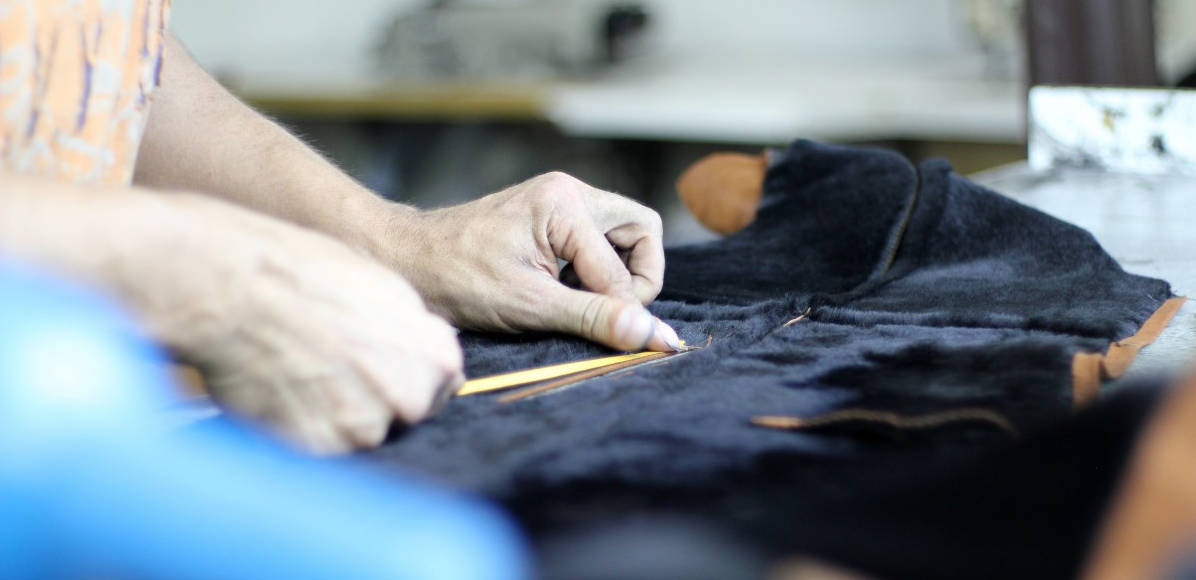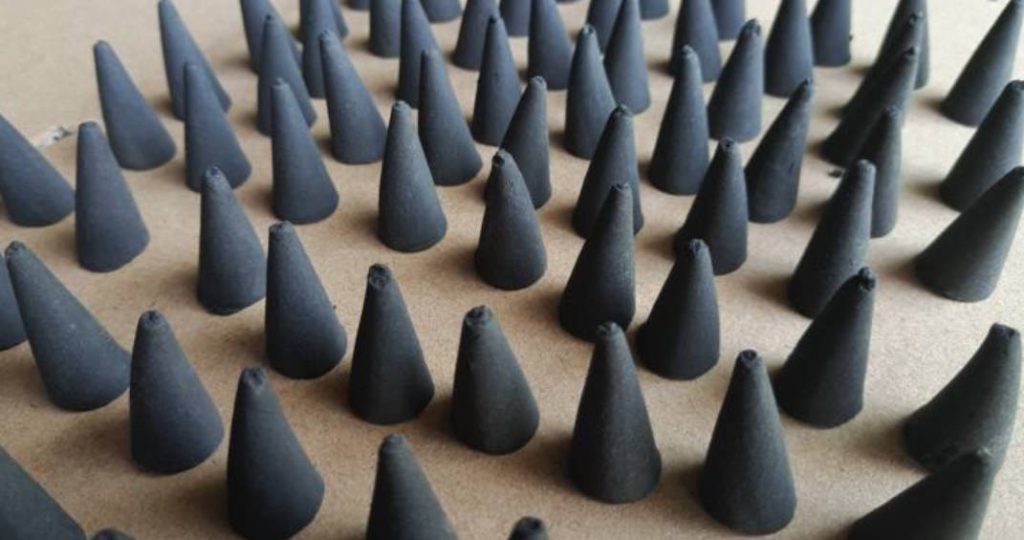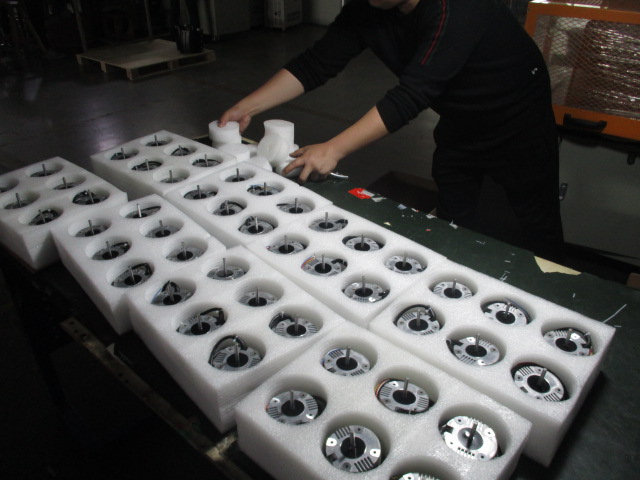
During the Initial Production Check process, inspectors should meticulously inspect and verify all raw materials used for the production of the order. This is to identify potential quality issues at the source, thereby ensuring timely delivery and that the product quality meets customer expectations.

The Process of Verifying Raw Materials during IPC
- Review of Specifications: Inspection companies start by reviewing the product specifications and quality requirements provided by the client. This includes materials specifications, quality standards, and compliance requirements that the raw materials must meet.
- Physical Inspection of Raw Materials: Inspectors physically examine the raw materials stored at the manufacturing site. This inspection covers various aspects, including the quality, quantity, and condition of the materials. They check for any signs of damage, contamination, or degradation that could affect the final product’s quality.
- Sampling and Testing: A critical step in the IPC is the selection and testing of raw material samples. These samples are subjected to laboratory tests to verify their composition, strength, and other properties essential for meeting production and product standards. Testing can be conducted either in the factory’s lab (if available and accredited) or at external laboratories.
- Supplier and Source Verification: Inspectors may also verify the sources of the raw materials to ensure they come from reputable and compliant suppliers. This includes checking the suppliers’ quality management systems, certification, and track record for supplying materials that meet the required standards.
- Documentation Review: A thorough review of the documentation related to the raw materials, including certificates of analysis, compliance documents, and material safety data sheets, is performed. This step ensures that all materials have been appropriately tested and certified before use.
- Report and Recommendations: Upon completing the inspection, the inspection company provides a detailed report outlining the findings. This report includes any non-conformities with the raw materials and recommendations for corrective actions. If necessary, the report might suggest additional supplier audits or material replacements before proceeding with mass production.
Benefits of Initial Production Checks for Raw Material Verification
- Quality Assurance: IPCs help ensure that only high-quality raw materials enter the production process, laying the groundwork for superior final products.
- Cost Savings: Identifying and addressing issues with raw materials early in the production process can save significant costs related to rework, delays, and non-compliance penalties.
- Risk Reduction: By verifying the quality and compliance of raw materials, companies can mitigate risks associated with product failures, recalls, and reputational damage.
- Supplier Performance: Regular IPCs encourage suppliers to maintain high standards for their products and services, fostering a culture of continuous improvement.
Conclusion
Inspection companies are invaluable partners in the manufacturing process, offering expertise and impartiality in initial production checks and raw material verification. Their involvement ensures that the foundation of the production process—the raw materials—meets the highest standards of quality and compliance.




